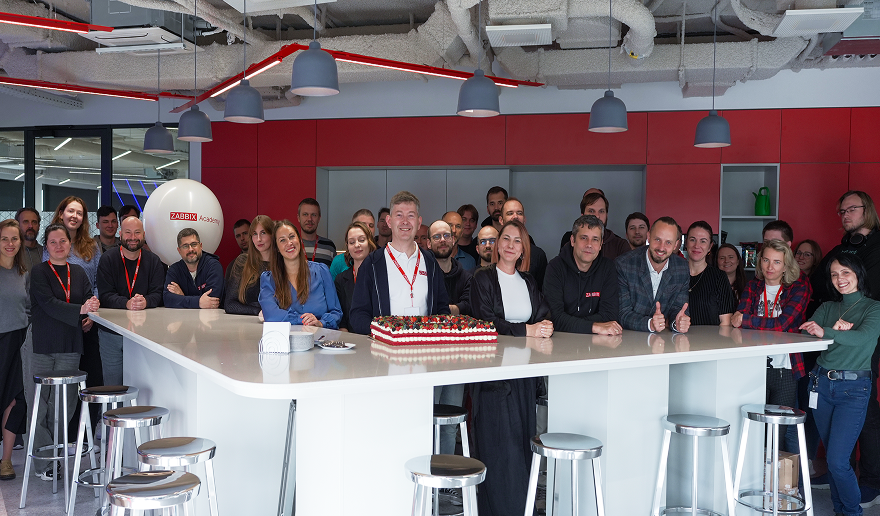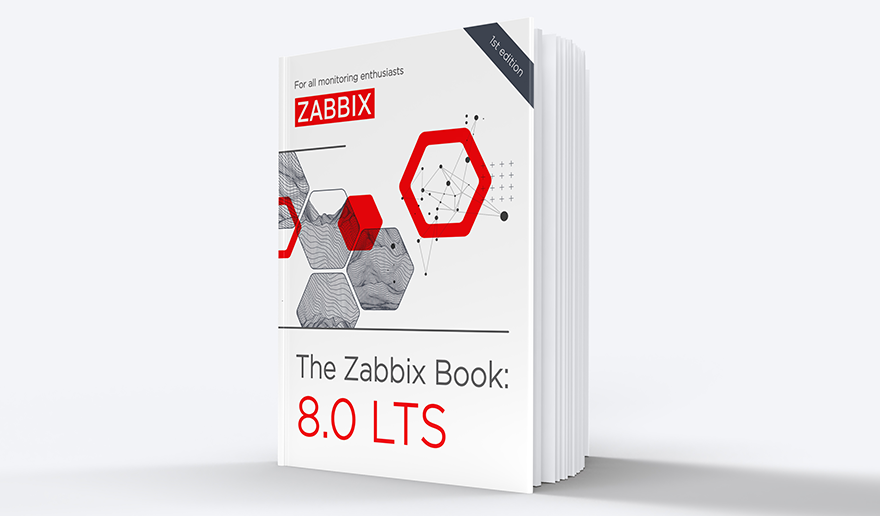Robert Silva has a Zabbix Certified Expert and Docker Certified Associate status as well as a wealth of experience in monitoring and community events organizing. He told us about his professional activities and the speech he will deliver at the Zabbix Summit Online 2020.
You are an experienced Zabbix user, an active community member, and an initiator of various Zabbix-related activities. But how did you start this journey?
I’ve started with network administration, and 4 years ago, I decided to specialize in one specific tool, and I’ve chosen Zabbix. I’ve always enjoyed sharing what I know through videos, blogs, and talks (presentations), and when I started working on JLCP, we began this project of “evangelizing Zabbix.”
Which is your field of expertise with Zabbix?
My greatest advantage is the advanced template development. I enjoy using the features that Zabbix offers to create advanced monitoring, especially those that can be applied to business performance metrics. Besides, I’m fascinated by automation and what makes me stand out is my extensive Zabbix API knowledge. Through the API, I’ve developed many automation templates and reports using Python.
The Brazilian Zabbix community members organize many events – meetups, online talks, monitoring marathons. Moreover, you guys are quite active in social media and the blogosphere. In your opinion, is there any difference between the Zabbix Latin American community and the European one?
The Brazilian people are used to developing new things and using the Zabbix features to create what no one thought about creating before. This results in the creation of many templates, scripts, and architectures to meet our needs from our real experiences, and because of that, we have a lot to share.
Your company (JLCP) is organizing an online Zabbix Marathon for the 3rd time already. Could you please tell us more about this activity? What is the main goal you follow, and how engaged is the audience during the marathon?
Zabbix Marathon was created in 2016 when Jorge Pretel, founder of JLCP, started to share his Zabbix knowledge on the internet, and it was a week to share and teach about Zabbix contents with users. Four years later, we organized the second Zabbix Marathon, and this time, we’ve used an example of an environment to share with the community. We monitored a retail company with them. For the third Zabbix Marathon, we are planning to simulate an airport environment monitoring. The main goal of the Zabbix Marathon is to show that Zabbix is flexible and can be used in a wide range of companies. Also, we wanted to make the users interact with the environment with us, showing how Zabbix can be part of the business as a whole in all kinds of businesses, therefore, changing the idea that Zabbix couldn’t be part of this area.
Besides broadening the view of the users watching the Marathon, we also offer the Services and Training that JLCP provides as a Zabbix official partner, and we show how we can help the users in their journeys.
Online events have gained great popularity now and are the only possible way to hold conferences and meetings. Which format seems more convenient for you personally?
We really enjoy online events. On the third Zabbix Marathon, we are expecting 12.000 people, and it would be almost impossible to organize it if it was an in-person meeting.
Zabbix Summit also goes online this year. Do you have any expectations for this event? Maybe some topics you would like to learn deeper or wait for the opportunity to ask the Zabbix team some questions?
I went to Riga last year, and my expectation was to participate in-person once again, but unfortunately, this isn’t going to be possible. I’m eager to check the news on Zabbix 5.2. I also want to understand how Zabbix is being used abroad, especially how the implemented architecture is being used in other countries.
It is known that your talk for Zabbix Summit Online 2020 will be all about containers. Could you please tell us more about your experience in this field?
I’m Docker certified. Last year, we did our first Zabbix implementation using a Docker cluster for a big client with over 300 stores monitored. This was a huge challenge, but we understood that Docker makes the administration easier in many aspects, and since then, we’ve already implemented more than 10 projects using Docker. Nowadays, we have +50 nodes in production, monitoring 9k NVPS.
Who would you particularly recommend listening to your paper?
Everyone wants to get to know a new approach to the definition of the Zabbix environment architecture, especially those who would like to work with containers but don’t have experience with a Zabbix environment.







 Prev Post
Prev Post 





Great , the best teacher i ever had in zabbix .